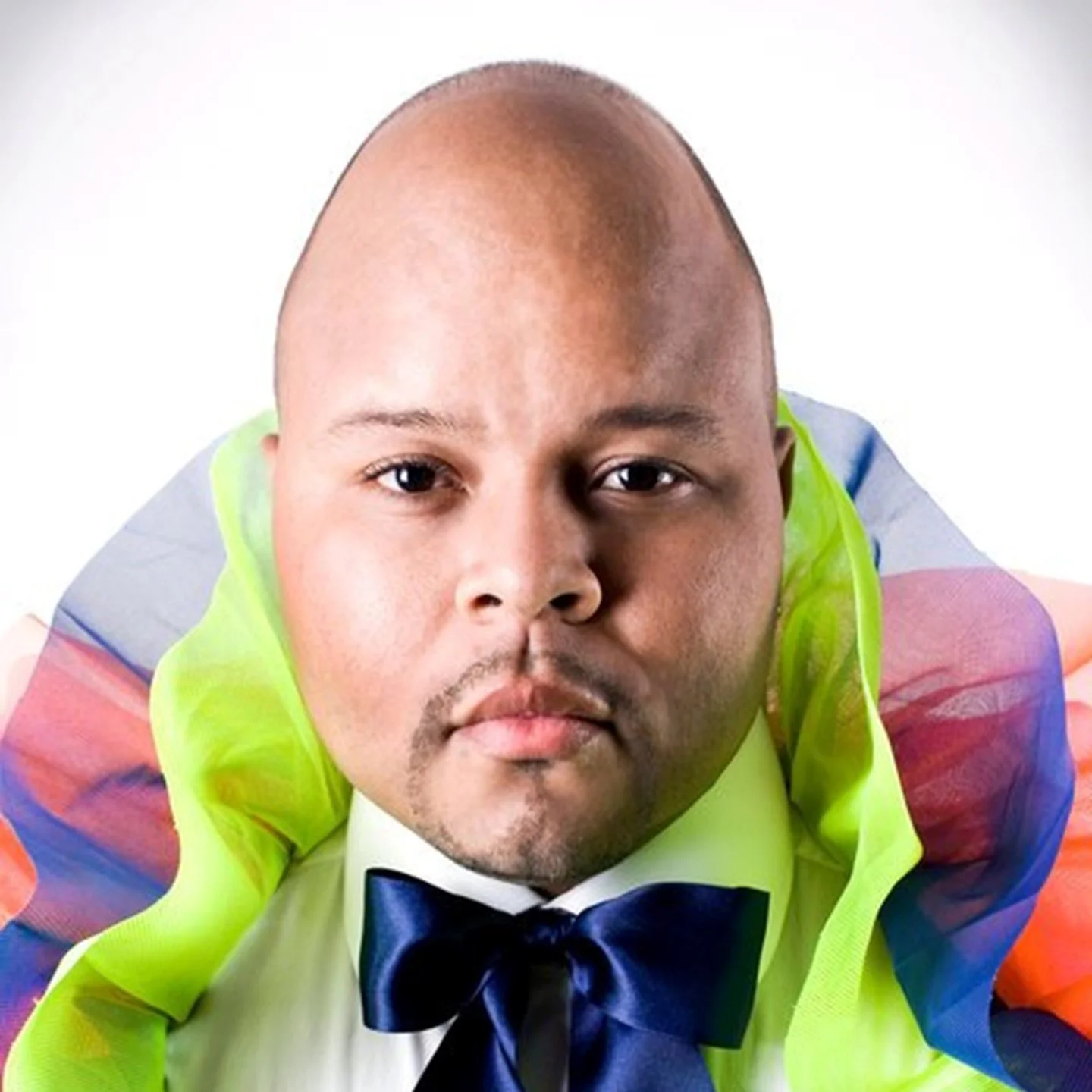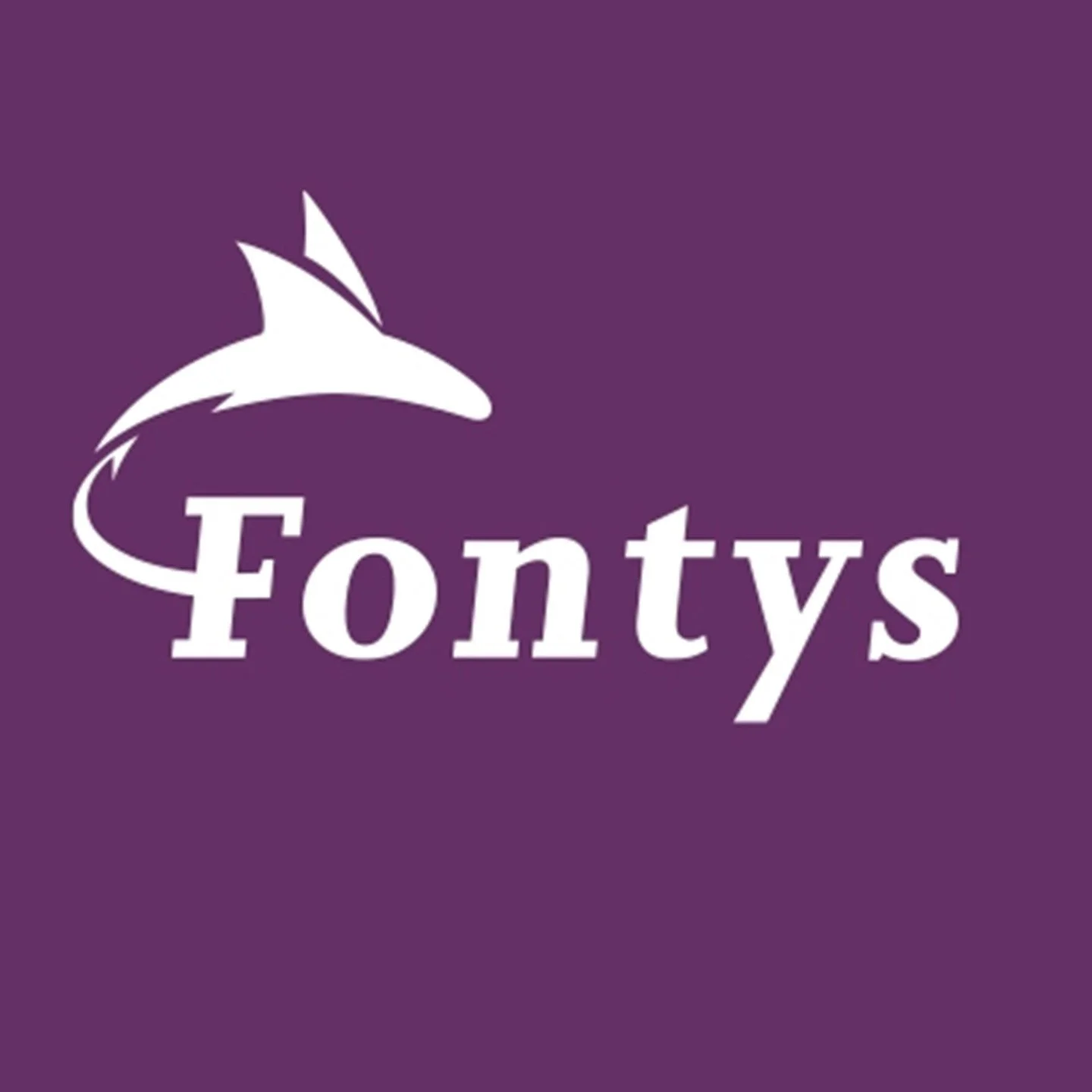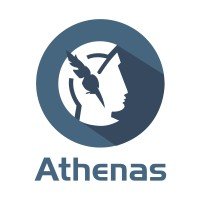After my talk, no one feels alone in their story anymore.
pic by Jill Cooiman
Like a Phoenix rising from the ashes,
It opens a door to hope, recognition, and real connection
showing that from our darkest moments, we can find new strength and soar.
Keynote Speaker
How to Become Stronger by Breaking Down and Rebuilding
Did you know that around 70% of people globally experience at least one potentially traumatic event in their lifetime, and 30% have endured four or more? These aren’t just numbers—they reveal a widespread need for authentic, restorative resilience ([Boston University survey, 24 countries]tandfonline.com+3bu.edu+3mdpi.com+3).
What if resilience doesn’t mean always being ‘strong,’ but daring to feel, let go, and rebuild? That’s the perspective I share with organizations, professionals, and individuals seeking to explore trauma on a deeply human level. My Phoenix Method—born from lived experience—demonstrates how setbacks become sources of real strength.
In today’s welfare and public service sectors, where over 50% of clients in mental health services have complex trauma histories, this fresh take on resilience is critical ([WHO Europe]). I don’t offer abstract theories—just practical tools and insights you can apply immediately, wherever your work lies.
For wellness, mindset, and empowerment events:
In these spaces, more than 60% of attendees report having lived through emotional adversity without formal support, based on global self-report data (Mental Health Foundation UK). My keynotes not only inspire—they help people name trauma, reclaim their voice, and build resilience in tangible ways. Through my story and method, I provide recognition, motivation, and tools that truly make a difference in everyday life and work.
For healthcare professionals and government organizations:
In clinical settings, it’s estimated that over 50% of patients in mental health services have experienced complex trauma—yet it often goes unaddressed in diagnosis or care plans (WHO Europe). Drawing on my lived experience and the Phoenix Method, I help your team recognize trauma beyond the label, deepen understanding, and promote real resilience—directly impacting the quality of care and connection you provide.
About me
I speak from personal experience with sexual abuse, depression, and the heavy responsibility of caregiving. My talks combine openness with a down-to-earth, empathetic approach. Through the Phoenix Method, I guide audiences through the transformation from hitting rock bottom to finding new strength and confidence.
I am also the founder of Phoenix People, a safe community where people who have experienced trauma can connect, share their stories, and find support. As a community storyteller, I bring forward common themes: experiencing multiple traumas, feeling isolated, facing gaps in proper care, yet still feeling proud of how far they have come.
With this blend of personal experience and community insight, my mission is to make trauma visible and to show that vulnerability is the key to true, lasting resilience.

Keynotes
The Phoenix Method
The Power of Resilience and Vulnerability
for Wellness, Mindset and Empowerment Events:
In a world where stress, constant change, and mental pressure are rising—and where research shows that nearly 30% of people experience multiple traumatic events in their lifetime—building resilience is no longer a luxury. It’s a necessity. The World Health Organization emphasizes that mental health challenges are a leading cause of disability worldwide, making resilience crucial for well-being and productivity (WHO, 2022). True resilience isn’t about “staying strong” or “pushing through.” It’s about daring to feel deeply, letting go, and rebuilding—just like the mythical phoenix rising from the ashes.
With my unique Phoenix Method—rooted in my own journey through trauma, depression, and loss—I offer an honest, practical model that turns setbacks into growth and strength. I work to break the stigma around vulnerability because it’s exactly vulnerability that leads to deeper, lasting resilience.
The five phases of the Phoenix Method:
The Ashes: When everything seems lost, how do you stay upright without losing yourself?
The Spark: How do you recognize the moment when change becomes possible, and dare to seize that opportunity?
The Fire: Letting go of old patterns—how do you deal with resistance and fear?
Spreading the Wings: Rediscover your strength and direction and take the first steps into a new reality.
The Healing Tears: Why processing and integrating emotions are essential for sustainable growth.
What will this keynote bring to your event?
Inspiring and relatable insights that help your audience develop resilience and better accept challenges.
Practical tools participants can immediately use to turn stress and setbacks into growth and strength.
A powerful mindset shift: vulnerability becomes a source of strength and personal growth, essential for lasting empowerment.
An energy boost for your event, with a message that stays with your audience and truly resonates.
For whom?
This keynote is designed for organizers of wellness, mindset, and empowerment events who want to offer their audience more than just inspiration. Whether you're creating space for healing, growth, or personal leadership, this talk brings depth, practical tools, and a powerful story of transformation that truly resonates. It's for audiences ready to move beyond surface-level positivity—and into real, lasting resilience.
In short:
My Phoenix Method shows that true resilience comes from daring to feel, let go, and rebuild after setbacks—like a phoenix rising from the ashes. I share practical phases to transform challenges into strength. This keynote inspires and equips your audience to see vulnerability as a real source of power..
The Phoenix Method
Understanding and Resilience from Experiential Knowledge
Healthcare Professionals & Support & Goverment Organizations:
Trauma is a daily reality in healthcare, social work, and government services. But while nearly 1 in 3 people worldwide experience multiple traumatic events in their lifetime (Kessler et al., 2017), many professionals still lack the tools to recognize and respond to trauma in a way that truly supports healing. Studies show that up to 90% of clients in behavioral health and social care settings have a trauma history (SAMHSA, 2014), yet trauma-informed care is still not the norm in many organizations. Instead, support is often focused on managing symptoms rather than addressing underlying pain.
That’s why we need more than protocols—we need perspective. In this keynote, I speak not as a theorist, but as someone who has lived through depression, sexual abuse, and the long-term weight of caregiving. I show why real understanding begins with human experience, and why vulnerability—often seen as a weakness—is actually the key to deep, lasting resilience. Through the Phoenix Method, I help teams see trauma through new eyes, so they can work with greater empathy, clarity, and connection.
The five phases of the Phoenix Method:
The Ashes: When everything seems lost, how do you stay upright without losing yourself?
The Spark: How do you recognize the moment when change becomes possible, and dare to seize that opportunity?
The Fire: Letting go of old patterns—how do you deal with resistance and fear?
Spreading the Wings: Rediscover your strength and direction and take the first steps into a new reality.
The Healing Tears: Why processing and integrating emotions are essential for sustainable growth.
What will this keynote bring to your team?
Deeper insight into how trauma is experienced and works through from a human and experiential perspective.
Increased empathy and connection with clients carrying trauma.
Inspiration to work in a trauma-sensitive way and be open to the power of vulnerability.
New perspectives on seeing resilience not just as “being strong,” but as a process of feeling, letting go, and rebuilding.
For whom?
I designed this keynote for healthcare professionals, caregivers, and government teams who work daily with people facing trauma and mental challenges. It helps enrich your role with more understanding, compassion, and practical insights based on real-life experience.
In short:
If you want to truly understand what trauma means for your clients and how resilience grows from vulnerability, then this keynote is exactly what you need. No theory—just real-life experience that touches and enriches.
My Phoenix Method is not a therapeutic or clinical model, but a recognition model. It helps people—with or without trauma—express where they are in their journey using simple, human language. Think of phrases like “I’m in the ashes right now” or “I feel like I’m starting to spread my wings again.”
It makes experiences easier to talk about—without stigma or clinical jargon. This model isn’t meant to diagnose, but to create genuine connection and understanding.
Pic by Jill Cooiman
What I offer.
The Phoenix as a Symbol of Resilience
I use the phoenix as a powerful metaphor for transformation: rising from the ashes, facing pain, and finding strength through vulnerability. This imagery helps audiences see their own potential to turn adversity into personal power, making the journey of resilience tangible and inspiring.
A Holistic Approach to Resilience
For me, resilience isn’t just about "powering through" or simply surviving difficult times. True resilience is deeply connected to vulnerability, healing, and reconnecting with who you are at your core. I believe we need to move beyond the traditional ideas of resilience, which often focus only on enduring hardship, and instead, embrace the emotional journey of healing as a powerful part of the process.
Turning Trauma into Personal Power
A common misconception is that trauma makes people weak. I see it differently. I believe trauma survivors possess extraordinary strength. My message challenges that outdated narrative, showing how trauma can be a source of empowerment rather than something that holds you back. It’s about flipping the script—seeing adversity as the fire that forges our inner power.
A Blend of Personal Experience and Research
What makes my approach unique is the combination of my personal story with insights gathered from interviewing other trauma survivors. This mix of deeply personal experience and research-based knowledge allows me to connect with people on multiple levels—making the message both relatable and grounded in real-world evidence.
Practical Empowerment, Not Just Inspiration
My focus isn’t just on inspiring others—I’m about offering real, practical ways to grow and empower yourself. I provide strategies that help you embrace both your strength and vulnerability, and guide you on how to transform even the toughest challenges into sources of personal power.
Creating Connection and Belonging
I believe healing goes beyond survival—it’s about building a sense of connection and belonging. Trauma often comes with feelings of shame and isolation, and my goal is to help people move past that. I focus on fostering a sense of community where survivors feel seen, heard, and understood, because resilience thrives when we feel connected, not alone.
Disclaimer
I am not a medical or scientific professional. I speak from lived experience—as a community leader—giving voice to the unheard and bringing trauma into the light. If you need professional help, please consult a qualified specialist.

As a speaker about trauma I didn't want to just speak from, my own experiences, but I wanted to speak for people that have faced trauma, but don have the stage I have.
Community Storyteller
As a speaker on trauma, I didn't want to speak solely from my own experiences, but rather, I wanted to speak for those who have faced trauma but don't have the platform I have. So, I started talking to many trauma survivors to hear their stories. Through these conversations, I began to notice recurring themes that many of them shared, regardless of their backgrounds. This sparked a deeper curiosity in me to explore these trauma experiences further.
So here’s my question:
What are the commonalities within the experiences of people who have endured trauma?
Initial Exploration
The research will be qualitative, gathering data by identifying common themes through interviews. These interviews will take place either in person or via video calls, and the study will be conducted internationally, collecting diverse perspectives from trauma survivors around the world. To see if there was a foundation for this research, I interviewed 10 people as part of an initial investigation. Here are some of the findings from these conversations.
Multiple Traumas
Almost everyone I spoke with had experienced multiple traumas. For example, early childhood trauma that continues to affect them in adulthood.
Outside of Society
All the people I interviewed explained that, in one way or another, they felt alone, misunderstood, or socially isolated.
Let Down by Healthcare
Almost everyone mentioned a lack of response or insufficient care when they reached out to healthcare services. This ranged from misdiagnoses to problems being ignored or no response to the warning signs they had raised.
Proud of How Far They've Come
Each person shared that they were proud of where they are today. Some expressed this with more confidence than others, but the sense of pride was universal.
Disclaimer
It’s important to clarify that this is not a scientific study. These are not empirical findings, but rather a collection of themes and insights gathered from personal stories shared with me. The goal is to understand the experiences of trauma survivors, not to present definitive research.
Testimonials

Speaking Reel
Workshops
Workshop: Mental well-being and company culture
This interactive workshop, led by a mother-daughter team—a coach with personal experience and a psychiatric nurse with over 40 years of expertise—is tailored for schools, healthcare organizations, and government or other entities. Participants engage in discussions to evaluate their company culture's support for employees' mental well-being and openness about mental health issues. Through active participation, attendees explore strategies to optimize the existing culture, fostering a safer environment for individuals to share their challenges and seek support.
Workshop: Mental well-being and company culture
This interactive workshop, led by a mother-daughter team—a coach with personal experience and a psychiatric nurse with over 40 years of expertise—is tailored for schools, healthcare organizations, and government or other entities. Participants engage in discussions to evaluate their company culture's support for employees' mental well-being and openness about mental health issues. Through active participation, attendees explore strategies to optimize the existing culture, fostering a safer environment for individuals to share their challenges and seek support.
















